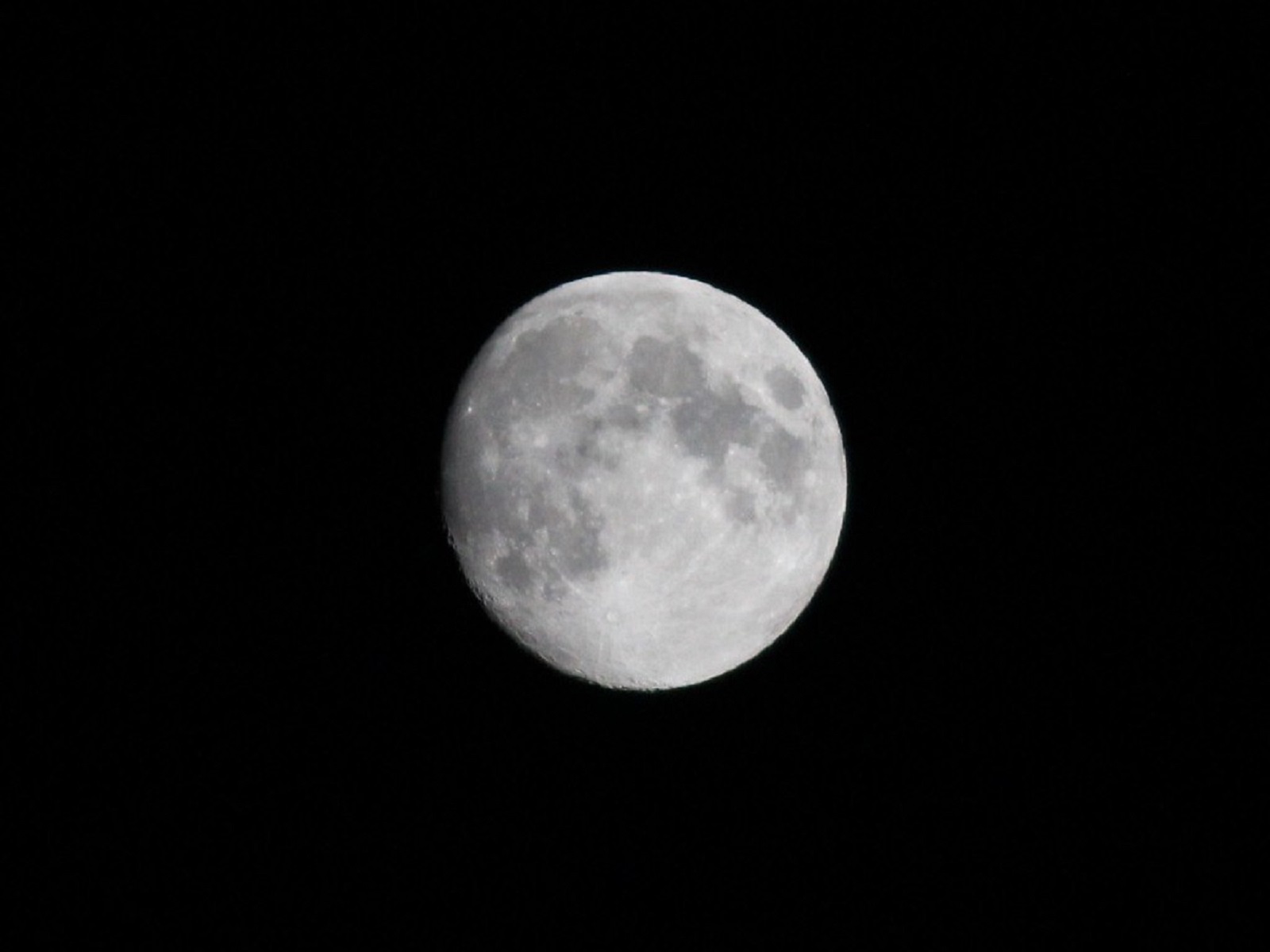
The nuns caught me, hasty one,
pressing to arrive too soon.
There was no time for the drive back home
to Bedford where the older girls were born,
your world. I broke the chain.
And you, a bit, though not alone –
bruised from the loss already borne.
In the gap before, almost, a son.
Later I would imagine them, a ring
of wimpled sisters, as I tumbled in.
My kindly aliens, The Nuns.
Mysterious guardians, like something
out of Madeline. Not knowing then
about the veil that fell across your face –
low winter sun, so little air or light
where you had spiralled to, or from.
Breaking the pattern of your plan,
I was the alien, leaching your strength,
your bones: invisible defeats.
They didn’t know how hollowed out
you were. There’s Daddy, listening
so intently to momentous radio. And you,
in your strangely baggy suit of skin, trying
to work out how to lift your feet again.
As mankind makes its giant leap,
an exhausted woman aches for sleep,
some respite from this thirsty one –
they cut the cord but still she latches on.
I can see you then, running out of milk
and oxygen, every living thread worn thin;
but we’re lashed for life, across deep space
together. The sometimes-choking tethering.
We mean no harm. Harm comes of us.
Mere existence tramples as the signals
surge and fade, receding tides of chemicals.
And then we’re left, outside ourselves
and shells, your battery dead. A long way
back then from our landing, heavy-visored,
clumsy-gloved, in dust and outstretched shadow,
left wandering bewildered on our nether moon.
Isobel Dixon’s collection A Fold in the Map is published by Nine Arches, which will also publish her next collection, The Landing, in 2021.
This article appears in the 10 Jul 2019 issue of the New Statesman, The state we’re in





